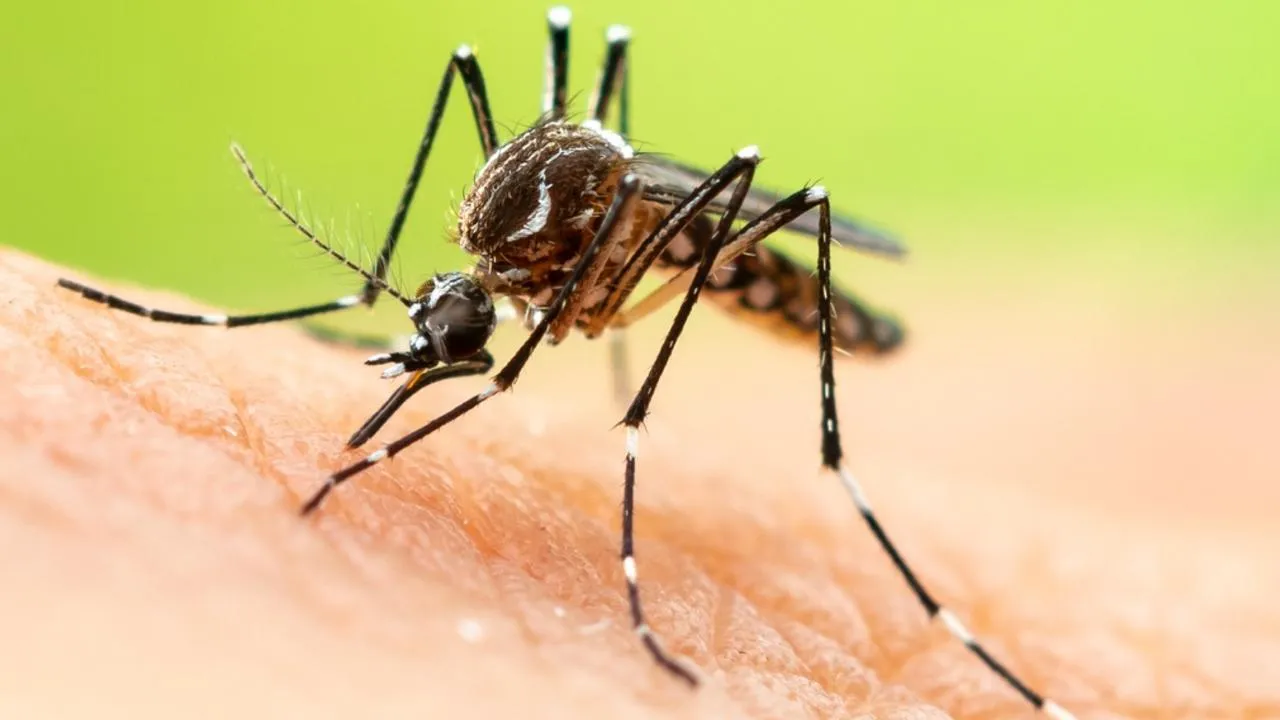13th June is International Albinism Awareness Day. Observed on 13 June every year, this day celebrates the human rights of people dealing with albinism.
Albinism is a rare, non-contagious, genetically inherited health condition that results in the lack of melanin in the skin, eyes, and hair, causing those suffering from the ailment to be vulnerable to the sun and bright light. People subject to this drastic difference in pigmentation are also prone to skin cancer. In fact, many people often have a permanent visual impairment, due to a lack of melanin in their eyes. Although Albinism is non-contagious, there are many stigmas associated with it. Because of the lack of awareness about the ailment, people with albinism have to face a substantial degree of discrimination leading to marginalisation and social exclusion.
In order to raise awareness, The United Nations Human Rights Council adopted a resolution in 2013. Within a year (in 2014), The General Assembly declared June 13 as International Albinism Awareness Day, with effect from 2015.
This year’s theme is “United in making our voice heard”. According to the United Nations, the theme is important to ensure equality. The UN intends to celebrate those suffering from the ailment and make their voices heard, to make sure people across the world know what Albinism is and prevent discrimination and attacks against those dealing with it. The theme also aims to amplify the voices of various albinism groups across the world.























